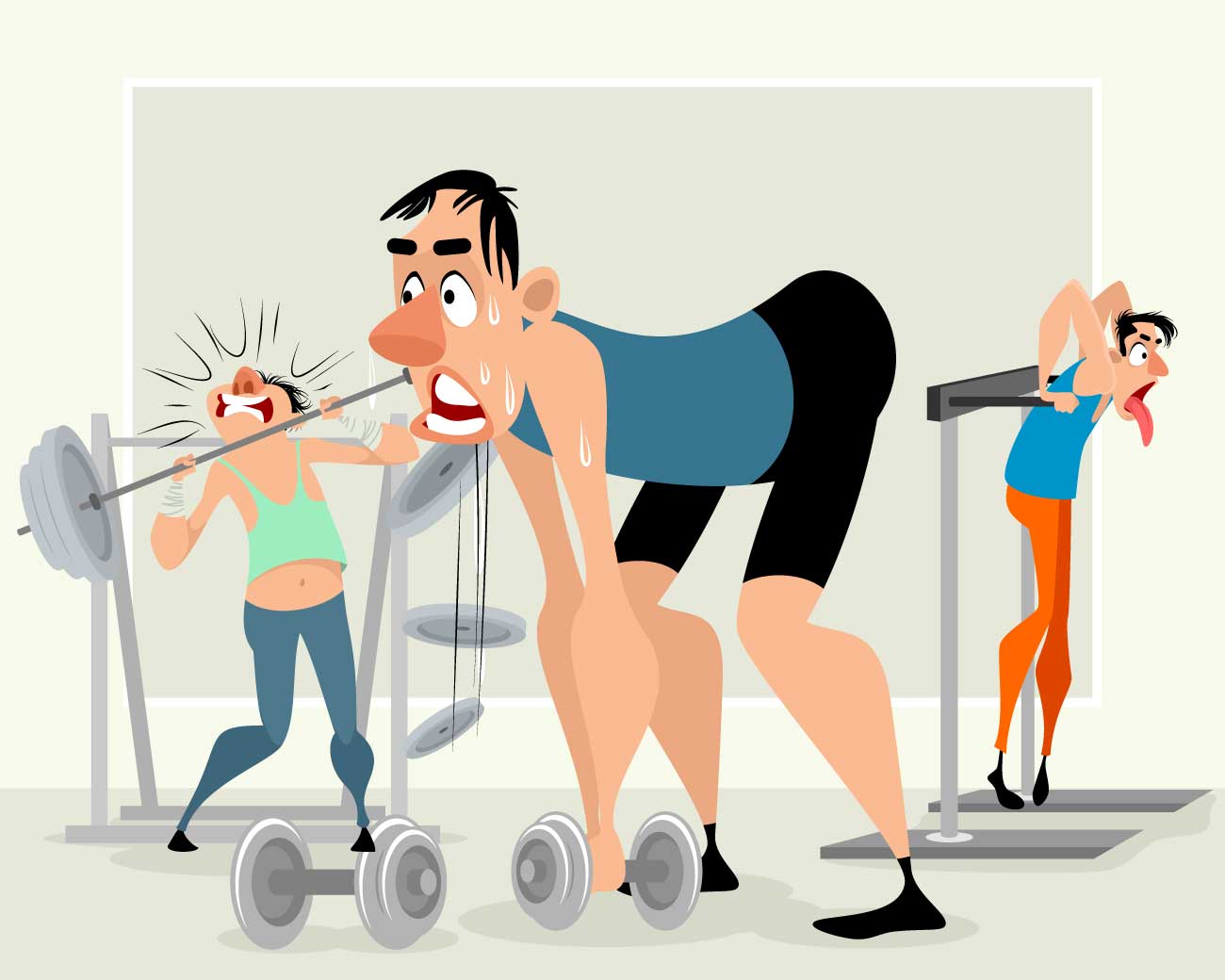I’ve always heard that nonfiction is better for you than fiction. Or that all fiction is just some childish make-believe that teaches you nothing but escapism. But what if there are benefits to reading fiction? I learned a few weeks ago that that premise is entirely wrong. Now, don’t get me wrong, I’m not saying that nonfiction is bad for you. Nonfiction can be outstanding, especially if you want to learn and collect information. You can learn so much from nonfiction, but I’m here to set the record straight. Fiction does for the brain what nonfiction could never do.
The Science of Reading Fiction
Why is it that the movie version of a book never lives up to the amazing version you formed in your head? Is it because live-action is the least interesting medium for some stories? Or is it because nothing beats the power of your imagination?
Reading fiction engages two different parts of your brain. So when you read fiction, the sensorimotor part of your brain lights up. This is the part of your brain that tricks itself into thinking it’s doing something when it’s not. Also known as embodied cognition. For example, if basketball players practice visualizing free throws, they will see an increase in accuracy. Reading fiction is visualization but cracked out.
The Storytelling Aspects of Fiction
So if reading nonfiction is the equivalent of leveling up your book smarts by collecting information, then reading fiction is sort of like leveling up your street smarts. Reading fiction puts you in the mental states of yourself and others. This theory of mind is, at a basis, the core concept of most fiction novels. We are thrown into a world where we follow different characters and discern their beliefs, desires, and intents. So reading a story develops social acuity and improves your ability to comprehend other people’s motivation. Think about the practicality of that the next time you are working on a group project. Research also shows that people who read fiction are more likely to keep an open mind when processing new information, which will only benefit you in decision-making.
The Psychology of Reading Fiction
Nothing drives me more nuts than when someone says, “It’s just make-believe. It’s not real.” There is power in fiction. There is a reason why you feel sad when your favorite character dies, but how is any of that beneficial? Books are sort of like a life simulator. We use computers to understand complex problems and try to solve them. In that same vein, we use books as sort of a simulator into different aspects of life. Understanding stories rely on our cognitive function. There isn’t one part of the brain used to read, process, and understand the dynamics happening in a book.
There was a study done on people reading Pompei over the course of a week or so. In the beginning, the midpoint, and the end, the researchers scanned the participants’ brains. The results showed extra connectivity in the left temporal lobe, which is the part of the brain that processes language. The central sulcus, which is the part of the brain that deals with sensations, left lasting changes on the participants’ experiences that they felt while reading the story.
TL;DR
Read more fiction. Not only is it fun to get lost in a new world, but it helps improve cognitive skills, makes you wiser, and prepares you for aspects of the real world. Basically, reading fiction makes you a better human and teaches empathy, self-awareness, flexibility, and kindness.
Also, if you want to read more about this topic, read about it in Eddy Quan’s newsletter. That’s where I got the idea for this piece. However, he does a much better job at articulating the benefits of fiction.
If you’re looking for some fiction recommendations try Eddy’s Book Club Picks.




